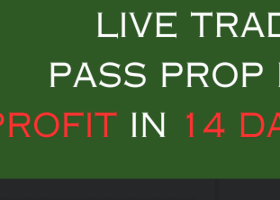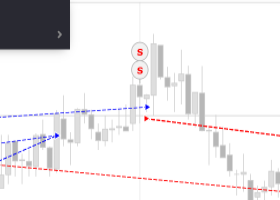
Brooke’s Note: Given the nosebleed pace of advancement by software-based advisors, most methods of inserting sunshine into portfolios have been snapped up. Now one robo-firm is peeling off from the crowd by taking the opposite tack — delivering more bad news more quickly. “If it bleeds it leads” has long been a maxim in the new business; now one VC-fueled automated advisor will give you truth that you can — and should — handle.
Betterment is reversing the usual protocol of giving the customer the good news about the gross proceeds of a trade by hitting the investor with the bad news of the associated tax bill. The New York City-based automated financial advice website will now first deliver the harder-to-stomach news of how much of a trade’s proceeds will eventually be handed over to Uncle Sam or to the state treasury.
In most trading scenarios, the investor sees a breakdown of the principal traded and the commission. So a trade that produces, say, a $55,000 gain might also make the investor aware that an additional $8.95 was subtracted for an adjusted total of $54,991.05.
Press here
Yet the face amount could mask a significantly higher ancillary subtractions from the net proceeds of a trade. “It’s thousands and thousands of dollars instead of $8.95,” Stein says. See: Talking taxes: Why advisors need two approaches to shatter two counterproductive client attitudes. When an investor initiates a sale of securities — a withdrawal or allocation change — Betterment’s algorithms first determine which ETFs to sell and selects the most tax-efficient lots, selling losses first, and short-term gains last. At that point, the firm’s “tax impact preview” kicks in and investors will be invited to view “estimated tax impact.” When selected, it gives detailed estimates of expected gains and/or losses, breaking them down by short- and long-term investments. See: Is your alpha big enough to cover its taxes? A classic journal article, revisited.
The 94% factor
The move is intended to make customers think before they sell — and to send a message that many commission-based competitors do not. “Maybe [wirehouses] want to encourage you to trade and be active. That’s what Morgan Stanley wants you to do. But it’s not about trading. It’s about goals.” Two weeks prior to its full release, Betterment released tax impact preview to 50% of its customers,to see how it affected their behaviors. Investors hit with the tax data made 14.3% fewer allocation changes. This comparison includes investors whose estimate did not show a positive tax owed (i.e. their transactions would have realized losses). Of those investors who viewed their estimated tax impact, and saw that a tax would be owed, 94% decided to not proceed with the transaction. Also, Betterment charges a management fee of 15 to 35 basis points based on an investor’s assets. So, the more assets in the account, the more the company earns. See: How Jon Stein plans to make the most of $45 million of VC money in remaking the RIA business.
Labor intensive
But strategy and idealism aside, Stein says Betterment is currently the only firm providing this service for a more pragmatic reason. “It’s hard to prepare and present in real time,” he says. But the pay-off can be big in terms of giving investors the straight dope.


